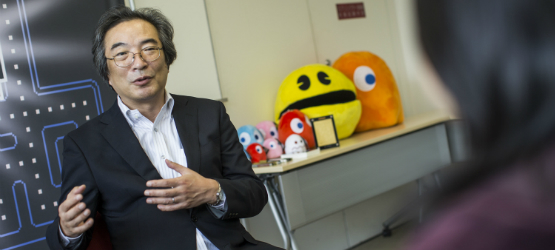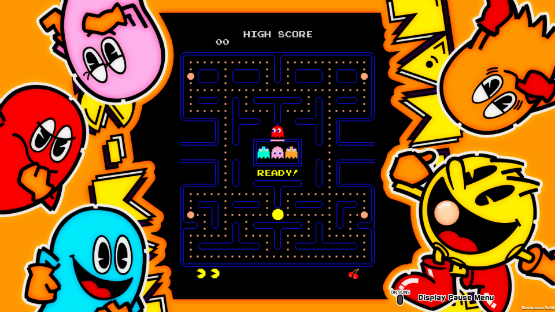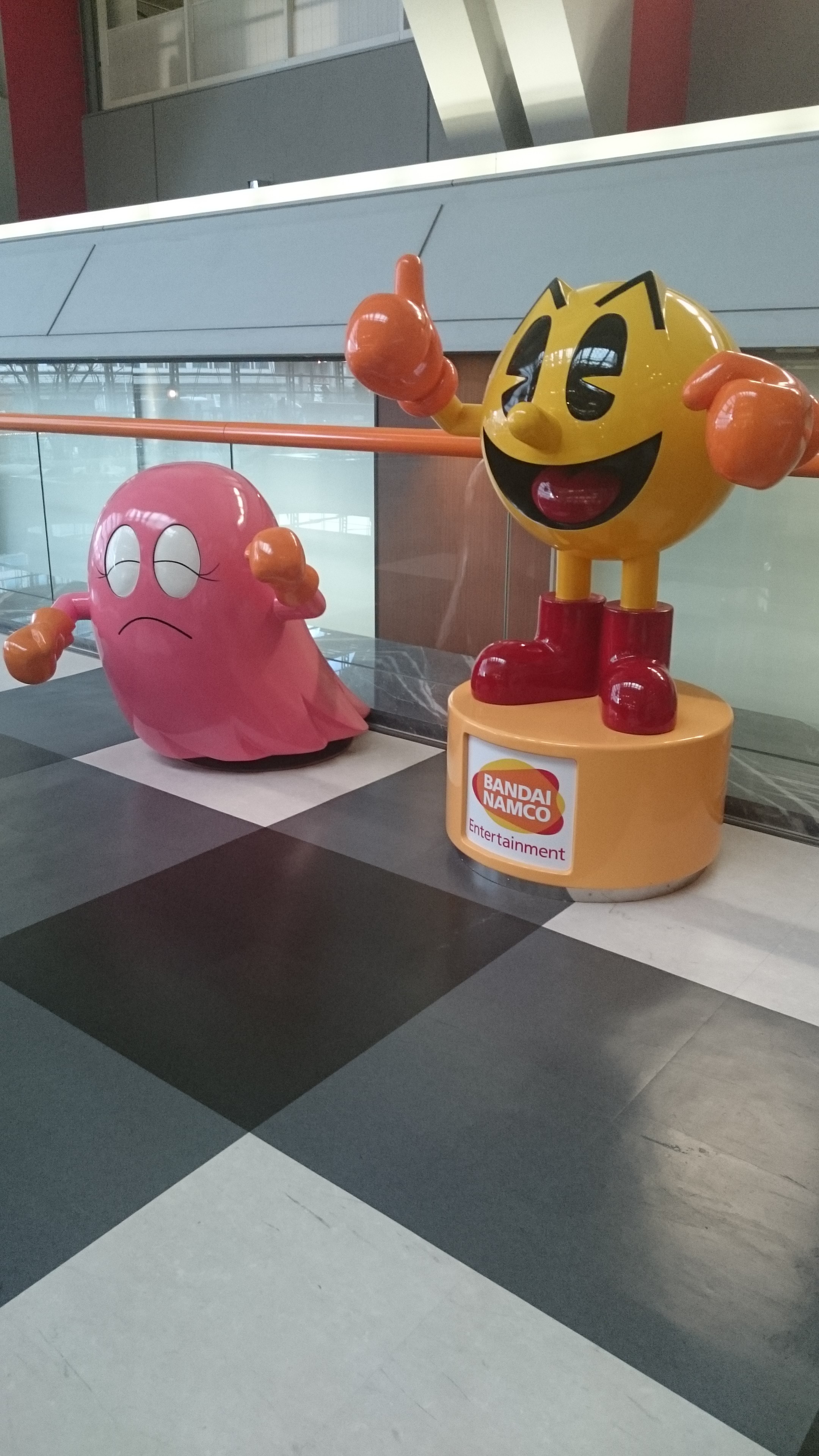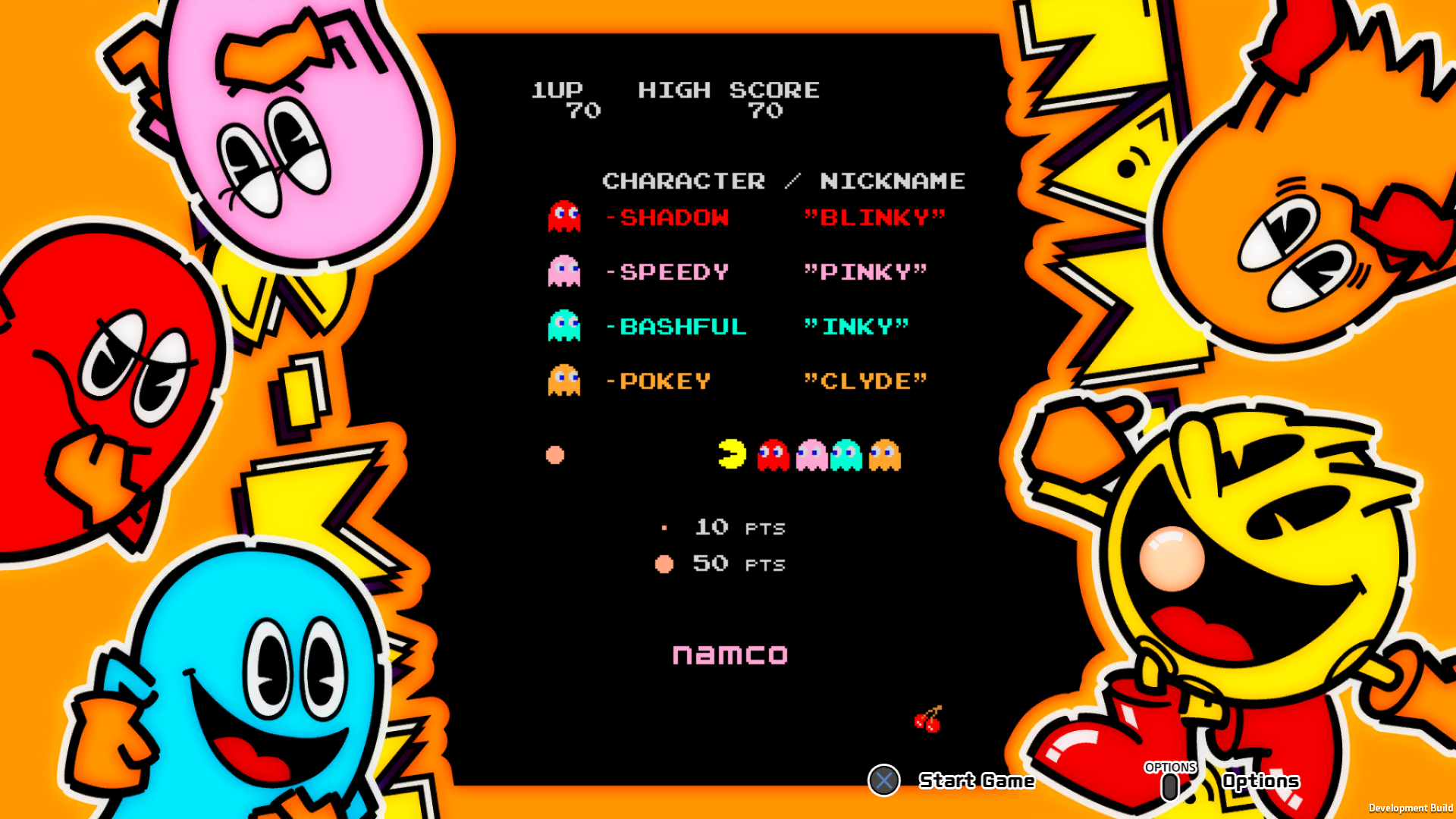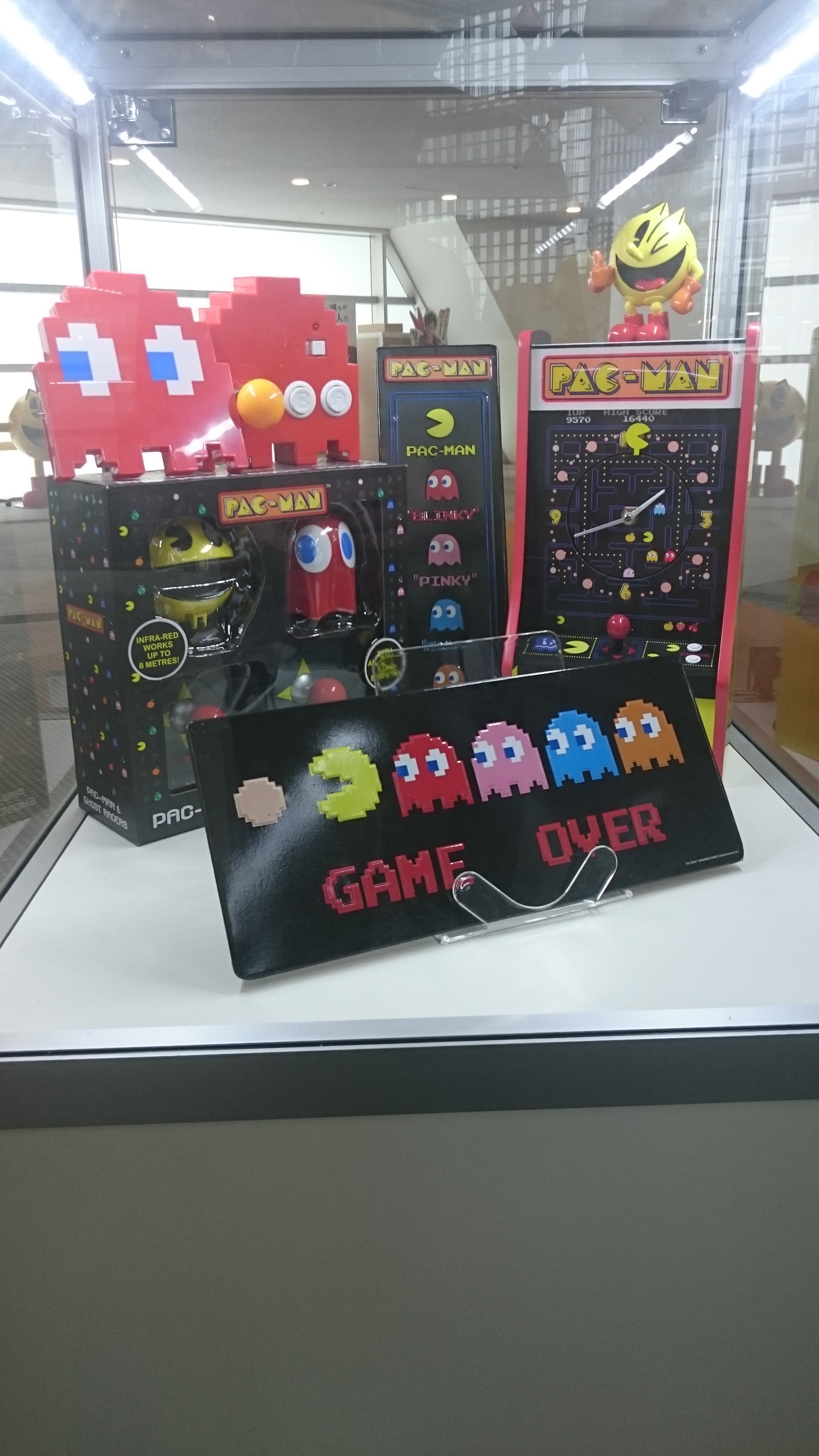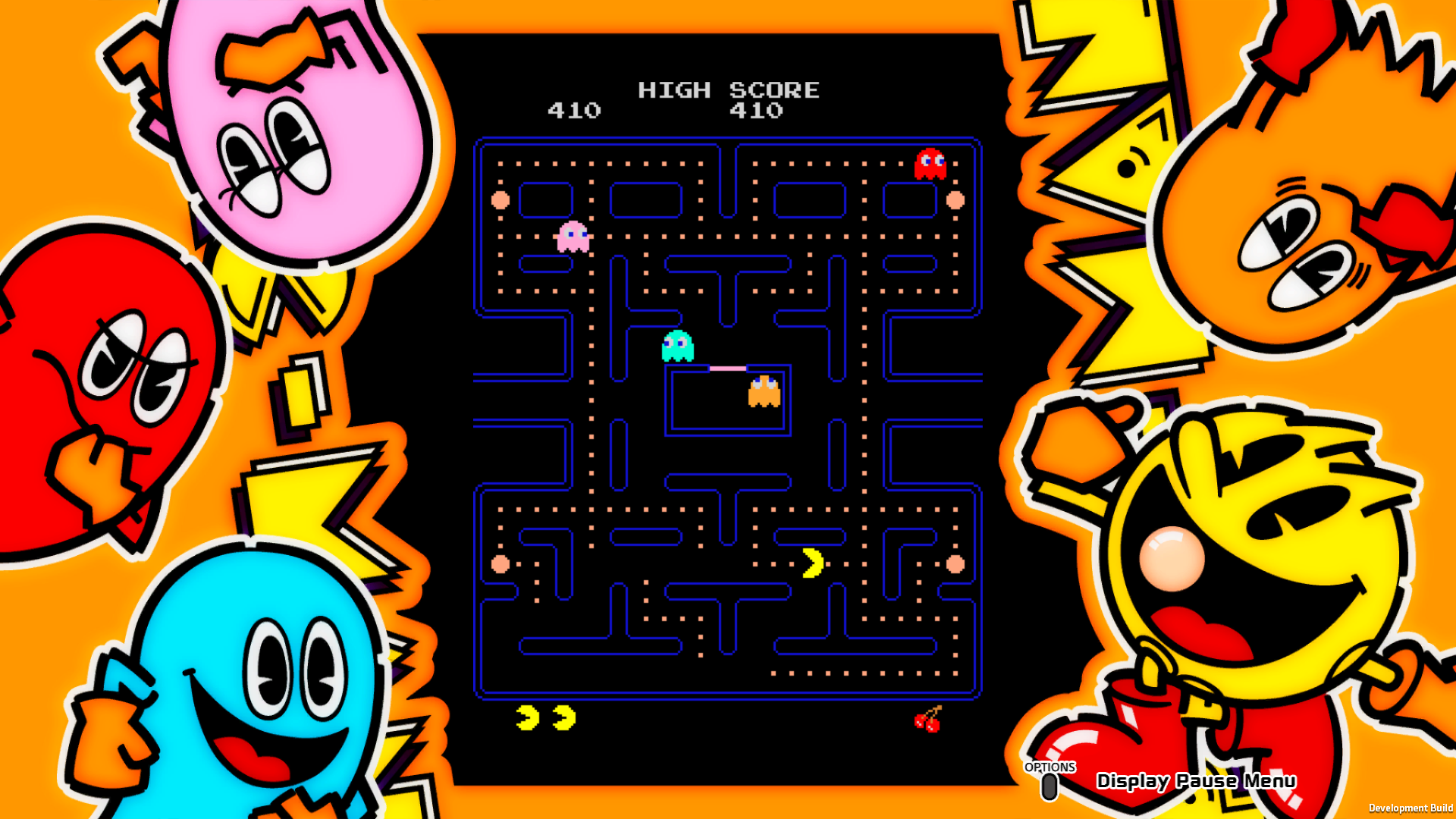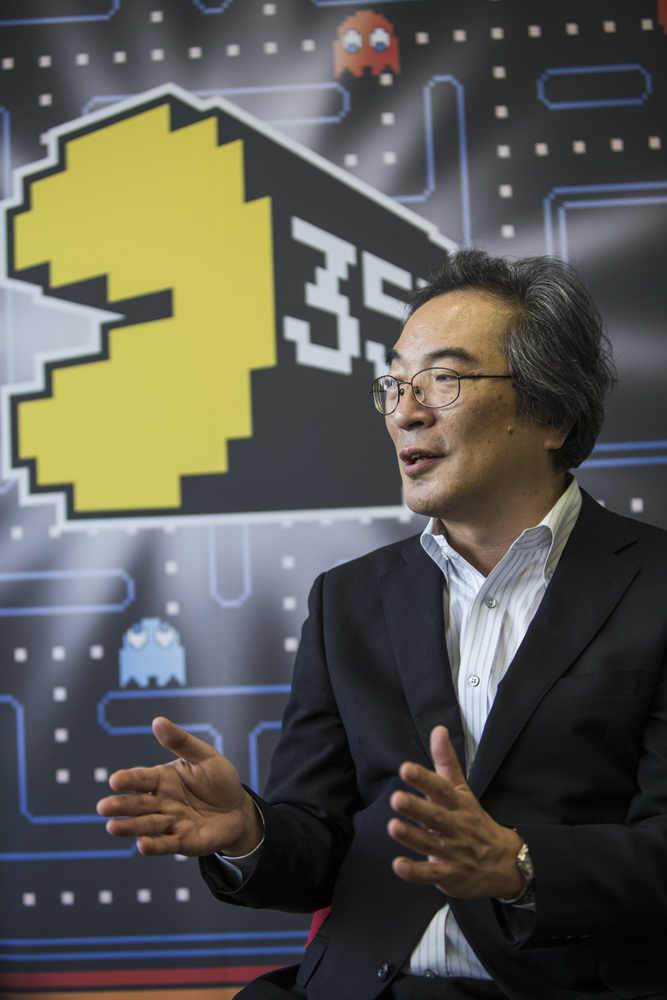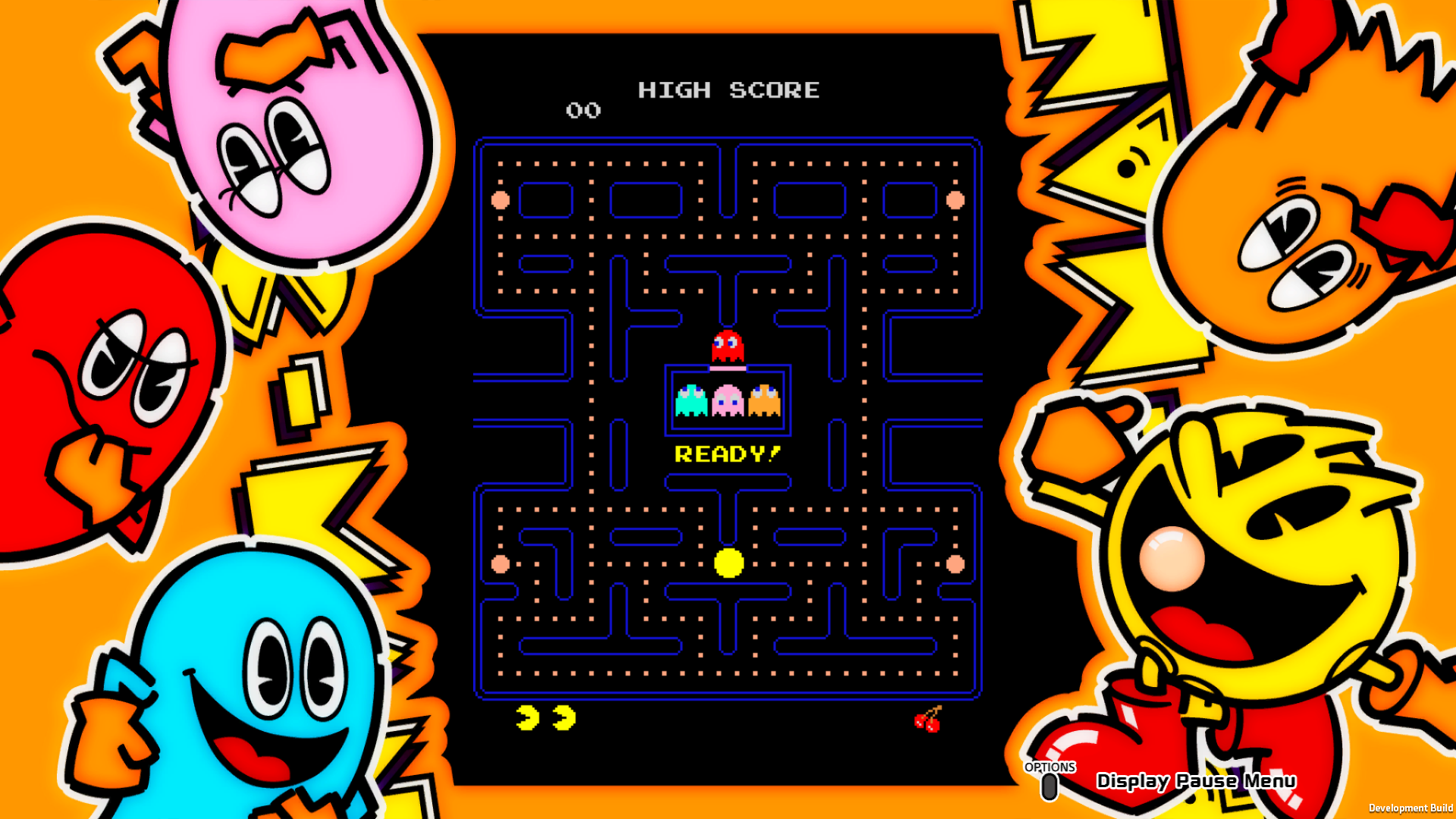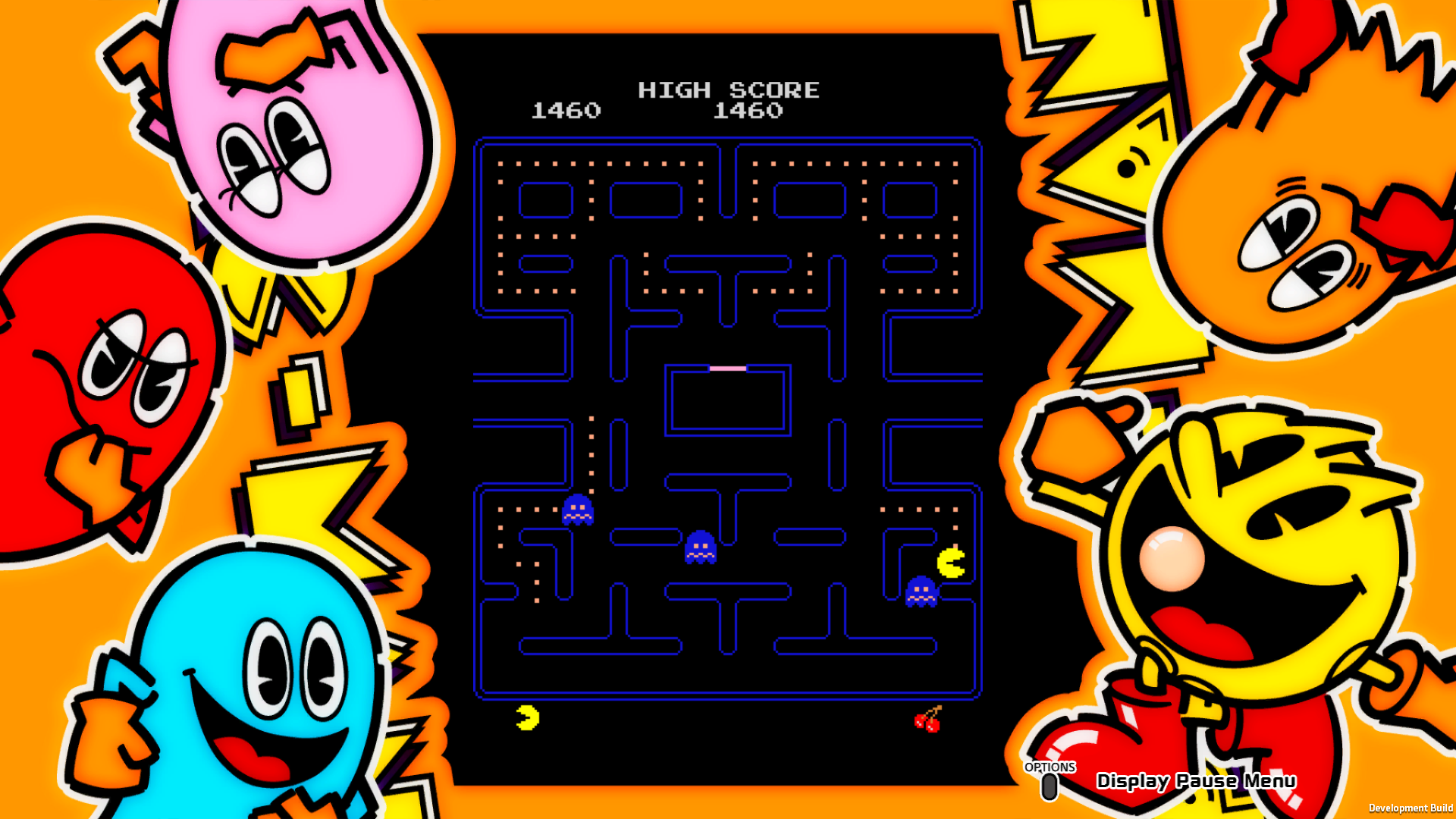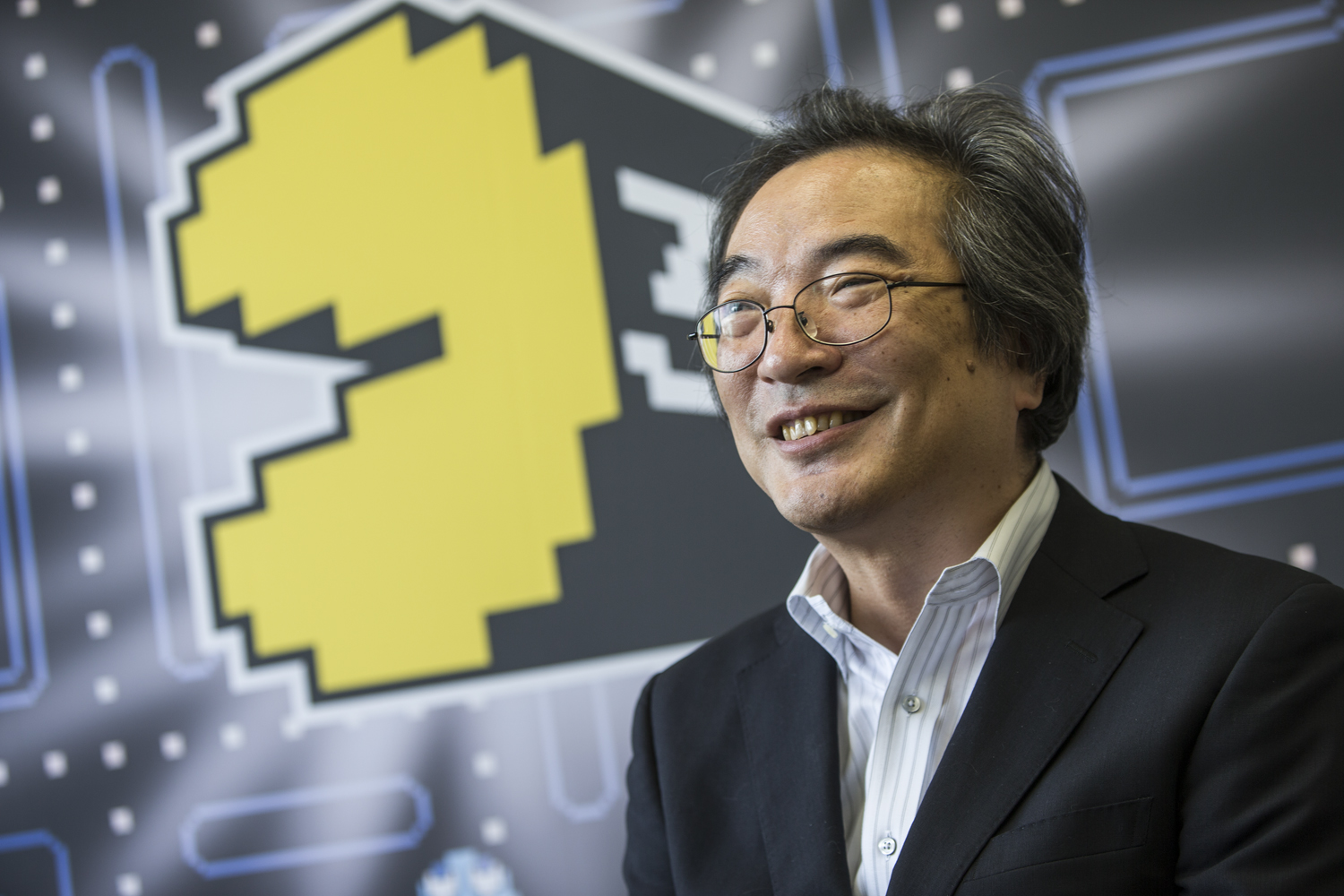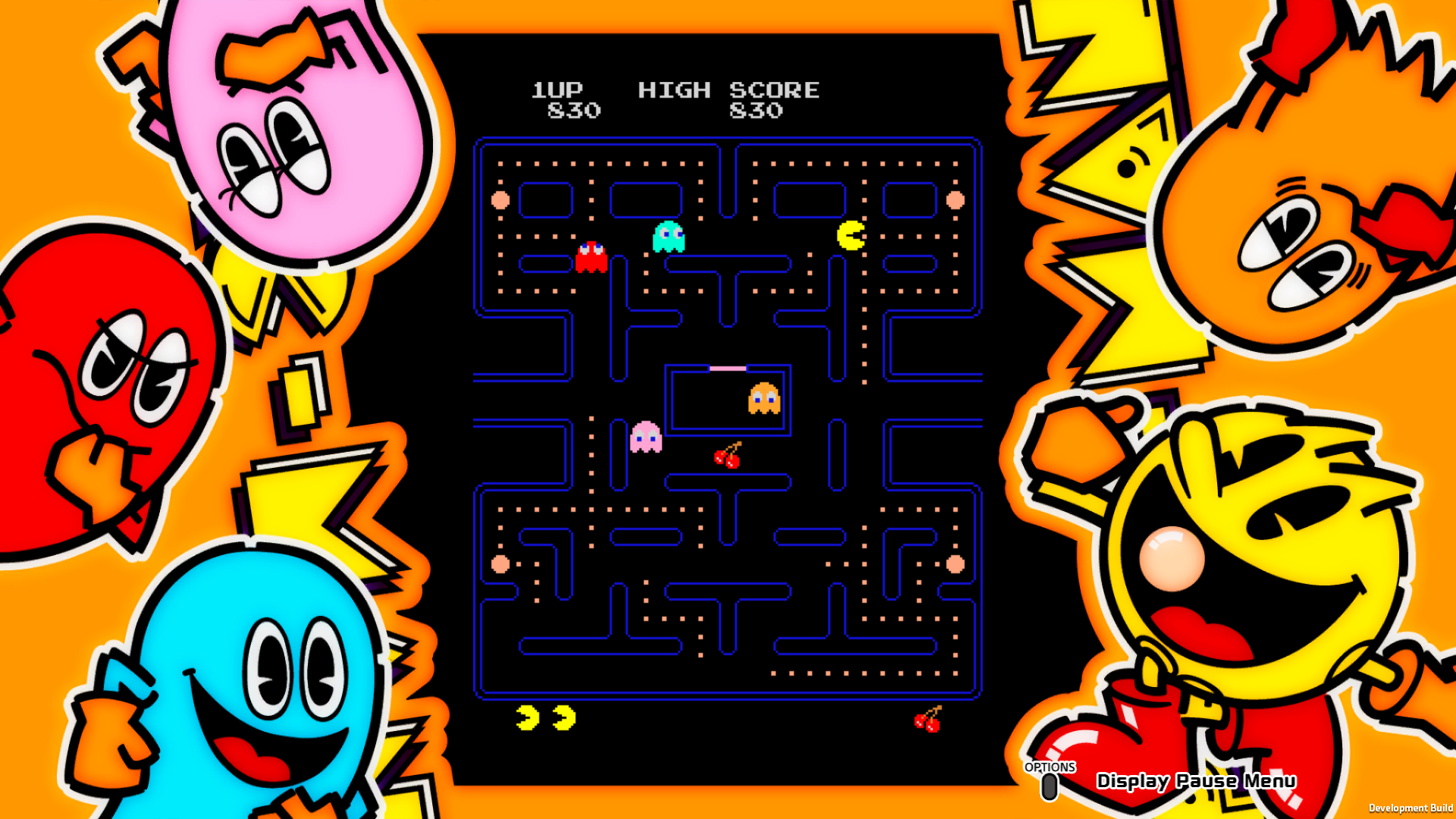Publisher Bandai Namco hosted a pre-Jump Festa 2016 event late last week, and PlayStation LifeStyle were in attendance to talk to some of the biggest developers in the Japanese games industry.
One of which was Toru Iwatani, the brains behind such classics as Pole Position and, of course, the inimitable Pac-Man. Like all of our interviews that will be rolling out from Jump Festa, our all-too-brief discussion with Iwatani was held in conjunction with the folks over at Geek Culture. Here, Iwatani talks us through the decorated history of Pac-Man, PS4 and what to look forward to in the future.
Pac-Man has been in the gaming industry since the beginning, and you’ve seen how it’s changed over the years. Can we get your thoughts on how gaming has changed, what you think about the future is going?
Iwatani: Speaking of the game industry, actually in 1955, there was the establishment of a company called Namco. So, collectively, the [mainstream] video game industry would have started in the 1980s, but the game was already there in 1955. So, technically speaking, I was not in the industry from the beginning. Before 1983, there was only one place you could play the game, and that was the arcade.
But after the release of the Nintendo console [NES] people started to play at home, which was actually an evolution of the video game industry, and nowadays you see that with the Nintendo 3DS and mobile phones. The concept of a video game has changed, you can ostensibly play a video game anywhere, anytime. [For me], that was actually the biggest change, and nowadays games can be developed by pretty much anyone, and back then that privilege only belonged to certain developers. But now, this change has opened up the possibility for any video game concept, and I really appreciate that. We can have more potential to see more concepts that nobody has thought about before.
Talking about game development and how anyone can make mobile title, because in Singapore we have upcoming developers who are designing for PS4, do you have any advice for upcoming game developers who want to break into the market?
Iwatani: One pertinent message that I would to get across, as I already mentioned on stage, is that really the key to success and the most important thing for game development, is to think about how users think and behave. It’s not really you who is going to play the game. What you always need to focus on is the player, because they’re the one who is going to play the game, and you have to think and imagine how people are going to have fun in the experience.
During the conference, you spoke about the prestigious history of Pac-Man, and how we’ll soon be seeing the original game release for PS4, Xbox One and PC in early 2016, is it simply going to be the original game on new platforms?
Iwatani: Yes. It’s pretty much the original Pac-Man.
But considering that the original release was designed with arcades in mind, with short levels and high difficulty, can we expect Pac-Man to be slightly more accessible on the current generation of consoles?
Iwatani: For the original Pac-Man, which you would usually play for two minutes and a half, the level difficulty is much higher when compared to modern consoles Pac-Man games. So, I’d like the players to play more and more on new consoles, and I hope level difficulty will be much easier compared to the original. If you strictly fold to the original Pac-Man game that would be stupidly difficult.
A special thanks to Bandai Namco and in particular Toru Iwatani for answering some of our questions. The original version of Pac-Man will chew its way onto PS4 early next year.
